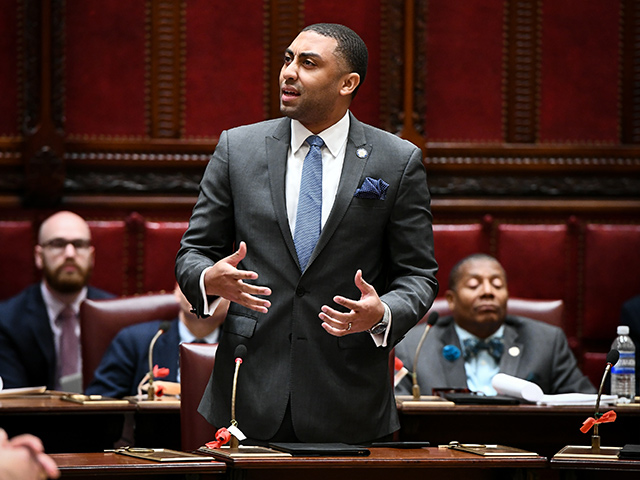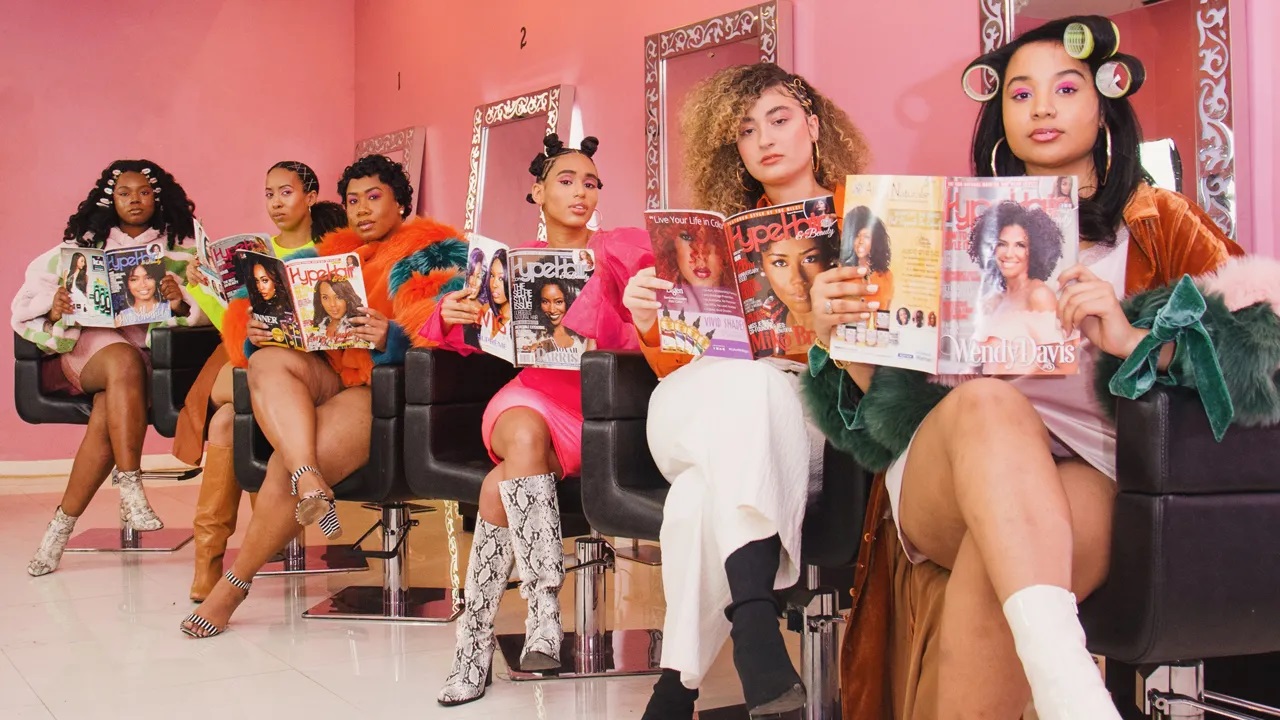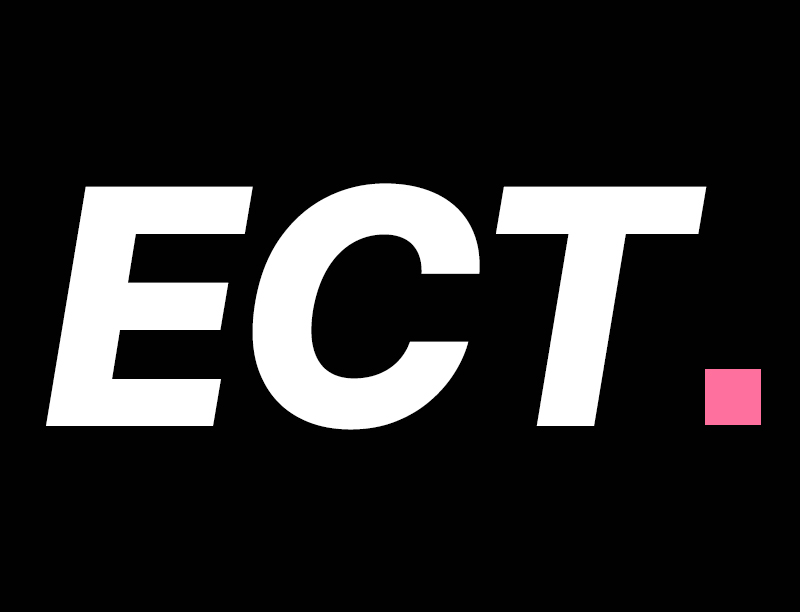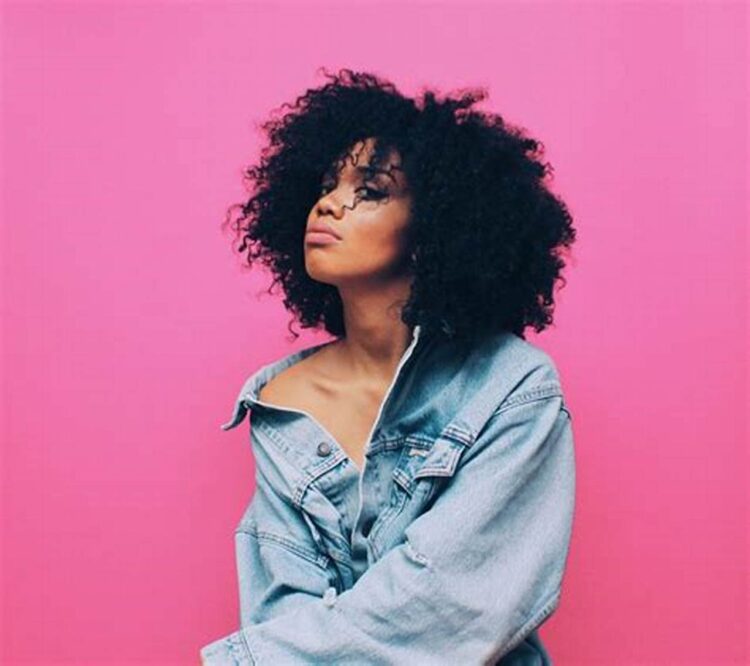When it comes to Black hair, it’s the best of times and still, for some, the worst of times.
About 60% of Black people are still facing challenges, with many pointing to the discrimination that occurs pretty much every time they sit in a hair chair, and let’s not forget the fact that there are still not enough stylists who know how to work with natural hair.
But that’s all about to change – in New York at least – with the signing of Bill S6528A, which requires all local cosmetology schools to make natural hair education a part of the general curriculum.
Sen Jamaal T. Bailey introduced the Bill in April 2023 in a bid to ensure that everyone receives proper attention and expertise in salons, especially in the light of the beauty industry’s dragged progress in fulfilling inclusivity pledges made after the racial reckoning in 2020, motivated by the murder of George Floyd.
‘It’s not only common sense, it’s the right thing to do,’ Sen Bailey informed Allure. ‘It’s personal.’
What You Should Know About Bill S6528A

Bill S6528A’s primary objective is to diversify cosmetology school education to equip all – regardless of race – with the knowledge to work with every hair texture.
As the bill states, cosmetologists and natural hair stylists, pursuant to regulations promulgates by the Secretary of State, should have the ability to provide styling and hair care services ‘to individuals with all hair types and textures, including, but not limited to, various curl or wave patterns, hair strand thicknesses, and volumes of hair – as a condition of licensure.’
Introduced in April 2023, Bill S65281 was officially signed into law by Gov. Kathy Hochul on Nov 17, 2023, and is set to become fully effective in approximately six months, providing cosmetology schools in New York State with a window to adapt their courses and overall curriculums to align with the new law, Sen. Bailey explains.
But this law, while extremely vital, isn’t the first of its kind in New York.
‘In 2017, New York Assemblyman J. Gary Pretlow spearheaded legislation that required New York to add a professional hairstylist to the state’s Appearance Enhancement Advisory Committee to advise on matters concerning curricula that include all textured hair,’ said Myra Reddy, director of government affairs at the Professional Beauty Association (PBA).
The advisory committee counsels the Secretary of State on all matters pertaining to the ‘appearance enhancement business,’ with this particular law helping to raise the standards for Black New Yorkers.
Senator Bailey and New York State Assemblywoman Michaelle Solages, who championed the legislation in the assembly, felt it was vital to build upon the critical work Pretlow put in motion, with Solages, a Black woman with textured hair, underscoring the significance of the law in tackling discrimination and bias associated with textured hair.
‘It became clear that more concrete steps were necessary to address the specific challenges faced by individuals with textured hair,’ Solages continues. ‘The introduction of Bill S6528A was a response to the ongoing need for diversity and inclusion in the cosmetology industry, ensuring that everyone, regardless of their hair type, receives the attention and expertise they deserve in salons.’
The Future Of Hair Styling In New York State

Despite the bill’s good intentions, only time can tell if every New York salon will become more inclusive.
But beyond just enforcing education of textured hair in cosmetology schools, Bill S65528A serves a more significant purpose; it acknowledges that Black people deserve to feel at ease in a salon chair.
‘When we talk about mental health and how we feel, I think that we should understand that hair care and personal care are a part of that overall feeling of wellness,’ Sen. Bailey adds.
But this isn’t a quick fix either – and it certainly won’t magically alleviate Black people’s generational distrust of non-Black hair stylists. It does, nevertheless, have the potential to open new doors.
‘There’s no one state law or any law that [can] solve societal ills,’ Sen. Bailey shares.
‘But when people that are not necessarily of your culture take the time out to learn something, I think it is looked upon favorably. [However,] if you feel more comfortable with your Black stylist, you should continue to go see a Black stylist. If you feel comfortable going to someone else, by all means.’
Overall, legislation like this and the CROWN Act – which makes race-based hair discrimination illegal – have the potential to lead the nation into a better future: one where Black people no longer feel ashamed of their natural features. And one where everyone understands their buying power and only enters establishments where they feel safe and welcomed.








